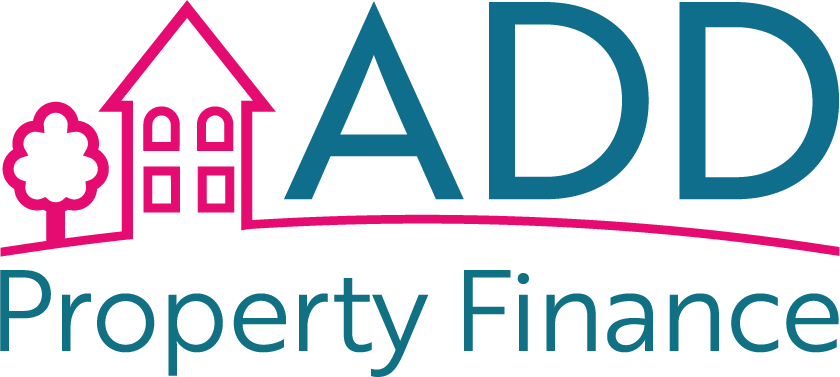If you’re self-employed in the UK and dream of homeownership, you’re not alone. More and more people are pursuing entrepreneurial ventures, freelancing, or running their own businesses. However, navigating the world of mortgages as a self-employed individual can seem complex. In this comprehensive guide, we’ll demystify self-employed mortgages in the UK, providing an in-depth overview of your options, eligibility criteria and valuable application tips to help turn your homeownership dream into reality.
Self-Employed Mortgage Options
Self-employed individuals have access to various mortgage types, similar to those available to traditional employees. These options include:
- Fixed-Rate Mortgages: These offer stability with fixed monthly payments for a specified term, usually two to five years. They are ideal for budgeting and shielding yourself from potential interest rate rises.
- Variable Rate Mortgages: These mortgages come with interest rates that can change, either in response to fluctuations in the Bank of England base rate or at the lender’s discretion. They often start with lower initial rates.
- Tracker Mortgages: Tracker mortgages follow the Bank of England base rate, with an added percentage. If the base rate rises, so does your mortgage rate, and vice versa.
- Discounted Rate Mortgages: These mortgages offer a discount on the lender’s standard variable rate for a specified period, making them initially cheaper.
- Offset Mortgages: These allow you to link your savings or current account to your mortgage, reducing the interest you pay. This can be particularly beneficial for self-employed individuals who experience irregular income.
Eligibility Criteria
To qualify for a self-employed mortgage in the UK, you’ll typically need to:
- Demonstrate Income: Lenders want to see a stable income history. Be prepared to provide at least two to three years of accounts or tax returns. If you’re newly self-employed, some lenders may accept just one year’s worth of accounts.
- Good Credit History: A healthy credit score is essential. Regularly check your credit report and address any issues.
- Deposit: Save for a deposit. The larger the deposit, the more competitive mortgage deals you can access.
- Affordability: Prove your ability to meet mortgage repayments based on your income and financial commitments.
Top Tips for Self-Employed Mortgage Applicants
- Prepare Documentation: Organize your financial documents, including tax returns, business accounts, bank statements, and any evidence of regular income, well in advance of applying.
- Build a Strong Credit History: Maintain good credit by paying bills on time and reducing existing debts.
- Use a Mortgage Broker: Consider working with a mortgage broker experienced in self-employed applications. They can help find lenders that cater to self-employed individuals and guide you through the process.
- Increase Your Deposit: Aim for a larger deposit, as this can open up more competitive mortgage rates and increase your chances of approval.
- Stress Test Your Finances: Ensure you can comfortably manage mortgage repayments even if your income fluctuates.
- Plan Ahead: Start the mortgage process well before you intend to buy a property. This gives you time to address any financial or credit issues.
Conclusion
While obtaining a self-employed mortgage in the UK may have its challenges, it’s entirely possible with the right approach. By understanding your options, meeting eligibility criteria, and following our top tips, you can secure a mortgage that suits your financial situation as a self-employed individual. With careful preparation and guidance, your homeownership aspirations can become a reality. Remember, seeking advice from a mortgage adviser or broker can be invaluable in navigating the process successfully.







